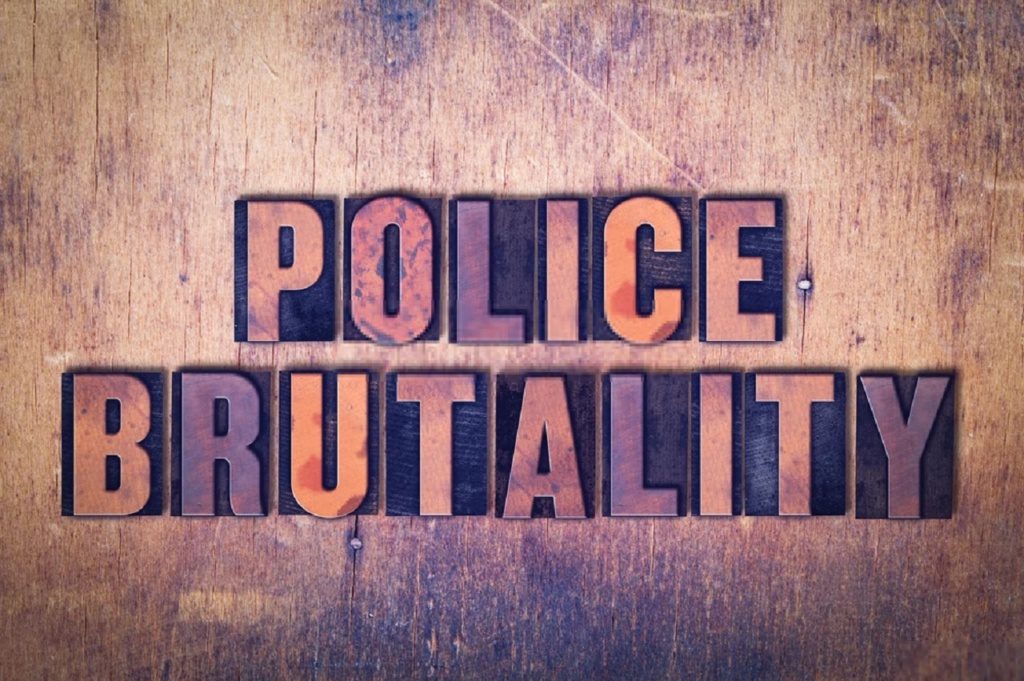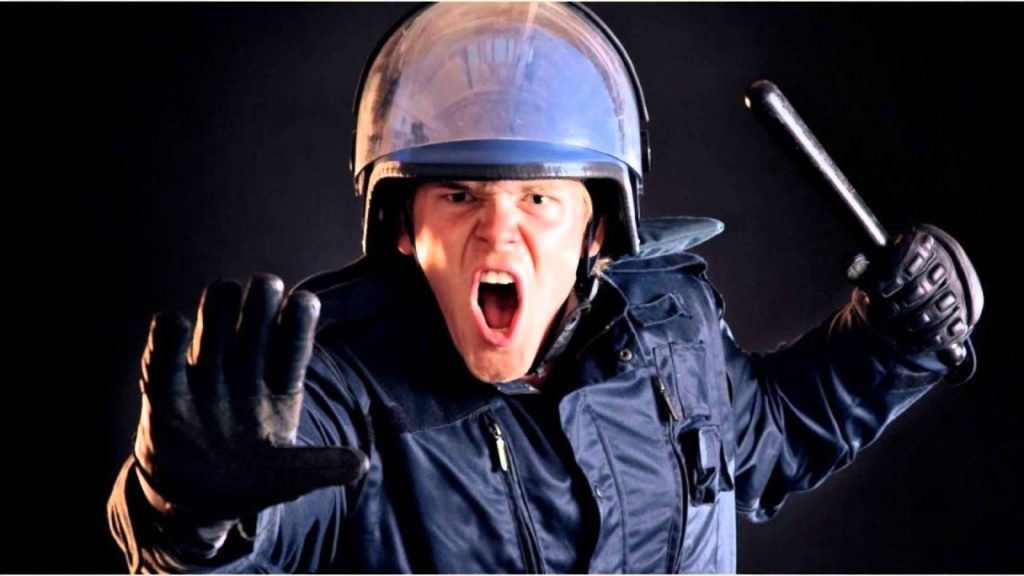Police Brutality and Police Misconduct Assistance
Helping You Navigate the Aftermath of Police Brutality and Misconduct
Understanding Police Brutality and Misconduct
Police brutality and misconduct can have devastating consequences, often resulting in significant physical, emotional, and financial distress. These incidents violate the civil and constitutional rights of individuals and can leave victims feeling powerless. Knowing your options and where to turn for help is essential in these challenging times.
How We Can Help
At The Indigent Project, we understand the complexities and challenges associated with police brutality and misconduct. While we are not attorneys, we are committed to connecting you with the necessary resources and support to navigate the legal intricacies of your situation.
Connecting You with Legal Resources
- FREE Initial Consultations
- We offer free initial consultations to help you understand your legal options. Our consultations provide you with an overview of your case and the potential steps you can take to seek justice.
- Professional Assessment
- Our team conducts a professional assessment of your case to help you understand the best course of action. We ensure you have a clear understanding of the legal process and what to expect moving forward.
- Partner Representation for Qualifying Individuals
- For those who qualify, we connect you with partner attorneys who can provide representation in your case. These professionals are dedicated to protecting your rights and ensuring you receive the necessary support.
Examples of Police Brutality and Police Misconduct
Police misconduct can take many forms, each with serious implications for the victims. Some common examples include:
- Police Shootings of Innocent and Unarmed People:
- Officers should not shoot individuals who are not committing a crime or posing an immediate risk of injury or death. Many victims of police shootings are unarmed and pose no danger, while others may be mentally ill and could be de-escalated through proper communication.
- Assaults and Beatings:
- Officers should only use the necessary force to apprehend and subdue suspects. Unnecessary physical assaults, including beatings with objects or chokeholds, are unlawful and violate civil rights.
- Unjustified Use of Stun Guns:
- Stun guns should only be used in urgent circumstances to stop a confrontation. Misuse of stun guns can result in serious injury or death, and many instances of their use are unwarranted.
- Sexual Assaults and Rape:
- Police sexual assaults and rapes are often unreported due to fear of retribution. These crimes include forcible rape, fondling, sodomy, indecent exposure, and illegal strip searches.
- False Arrest and Imprisonment:
- The Fourth Amendment protects against unreasonable seizures. False arrest occurs when an individual is detained without probable cause, and false imprisonment involves unlawful detention without a legitimate reason.
- Improper Searches and Seizures:
- The Fourth Amendment also prohibits unlawful searches and seizures. Officers must have probable cause or a court warrant to conduct searches. Unlawful searches and seizures violate constitutional rights.
Why Choose The Indigent Project?
Dedicated to Your Support
At The Indigent Project, our mission is to ensure that you don’t have to face the aftermath of police brutality and misconduct alone. We are committed to providing the resources and support you need to navigate this challenging time. Our goal is to empower you and help you move forward with confidence.
We’re Here to Help
If you or someone you know has been a victim of police brutality or misconduct and needs assistance, don’t hesitate to reach out to us. We are here to help you connect with the right resources and support to ensure you receive the help you need.
Can’t afford help with your injury case? We may can help. Click Here!
Frequently Asked Questions
- What should I do if I experience police brutality or misconduct?
- Document any evidence of the incident, seek medical attention if needed, and report the misconduct to the appropriate authorities. Contact a legal professional for guidance.
- How can The Indigent Project help me with a police brutality or misconduct case?
- We offer free initial consultations, professional assessments, and can connect you with partner attorneys for qualifying individuals. Our goal is to ensure you receive the support and legal guidance you need.
- What if I can’t afford an attorney?
- The Indigent Project helps connect you with partner attorneys who offer representation for qualifying individuals, ensuring you have access to the legal help you need without financial burden.
- What types of misconduct are common in police departments?
- Common misconduct includes police shootings, assaults, misuse of stun guns, sexual assaults, false arrests, and improper searches. Each case requires appropriate legal attention.
- How long do I have to file a claim for police brutality or misconduct?
- The statute of limitations for filing a police brutality or misconduct claim varies by state. It’s important to seek legal advice promptly to ensure you meet all necessary deadlines.



